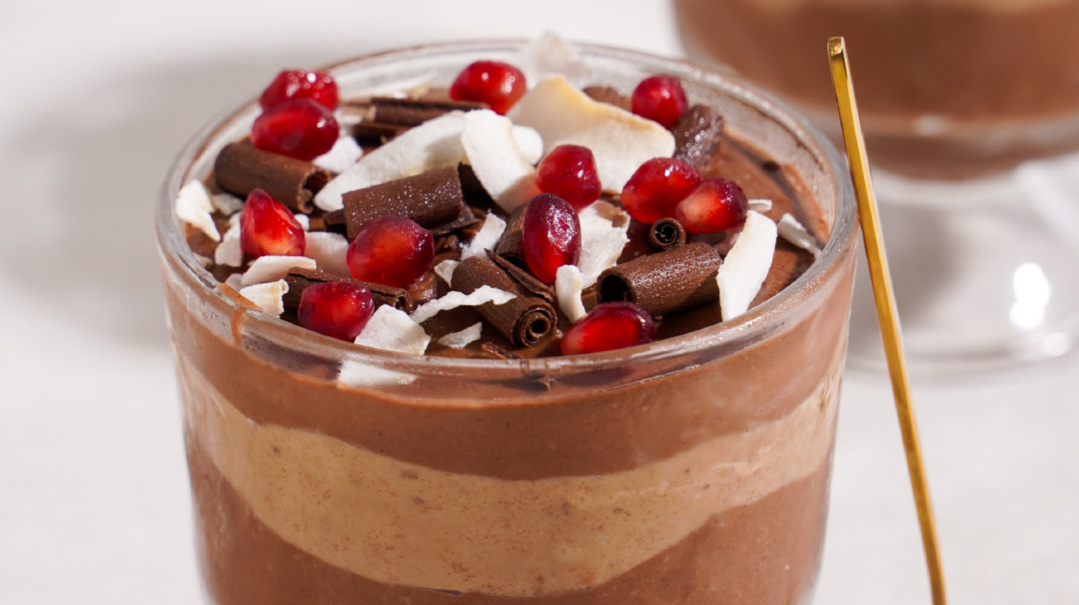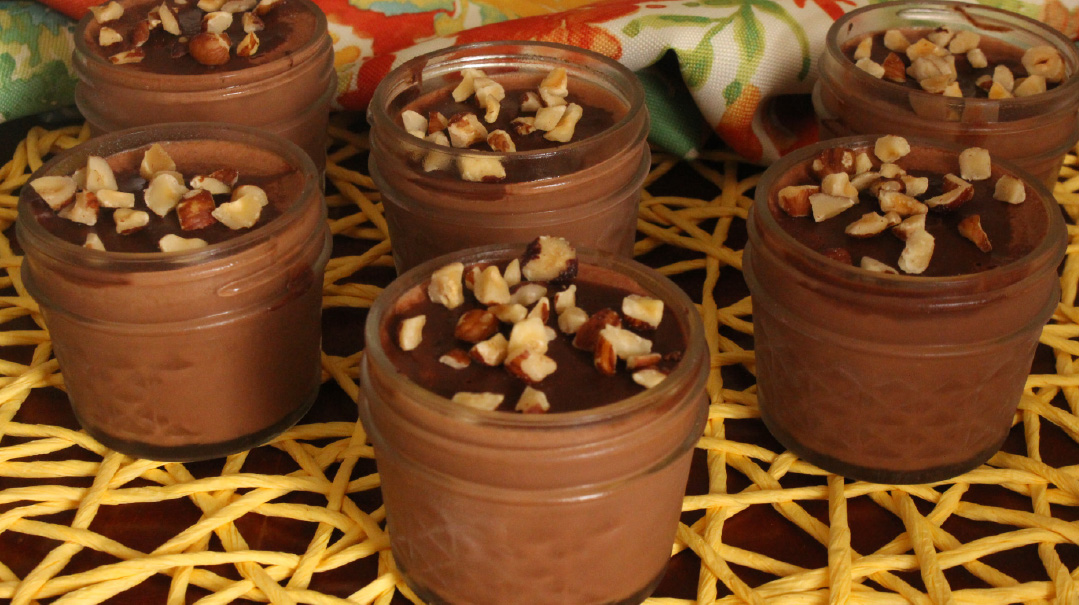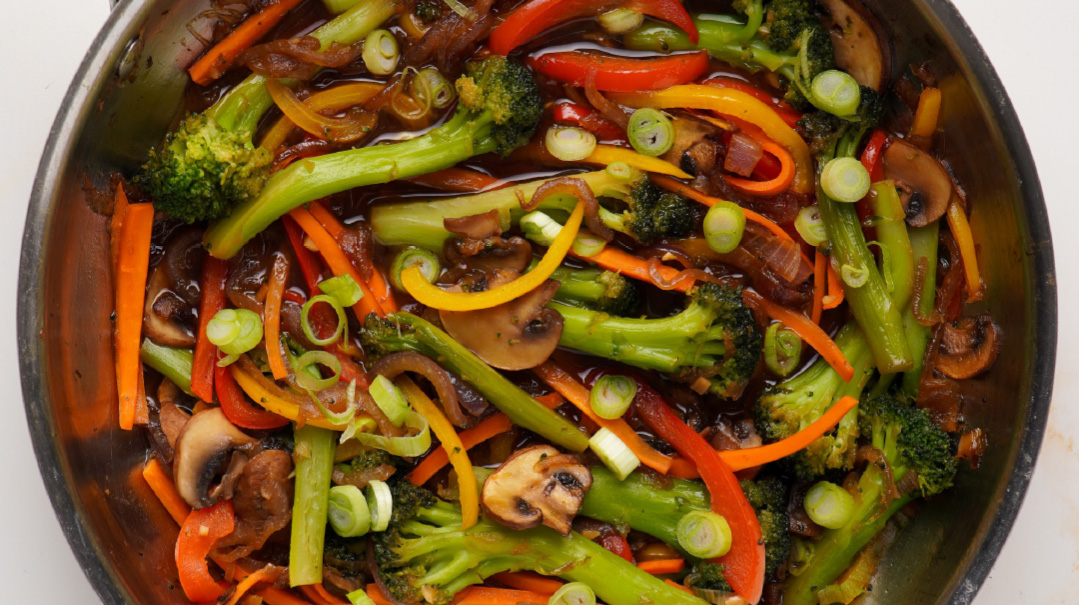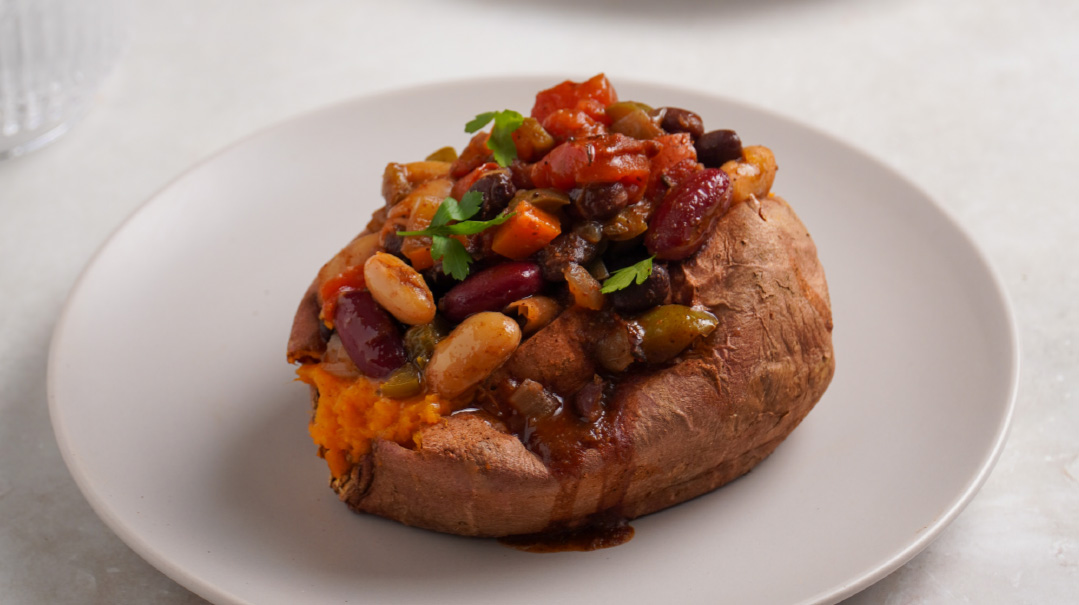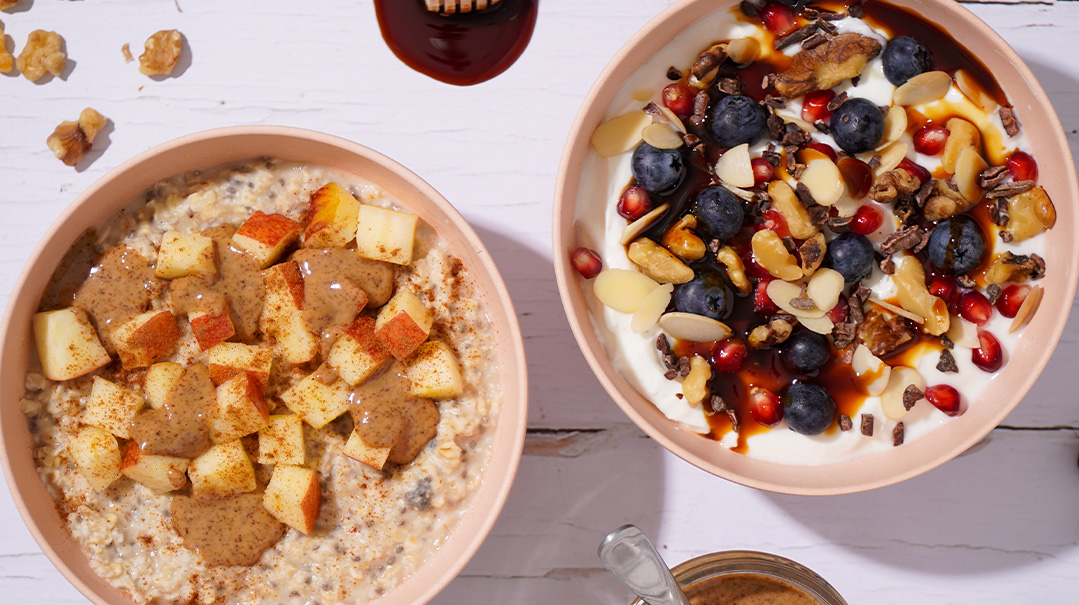The Fast Track
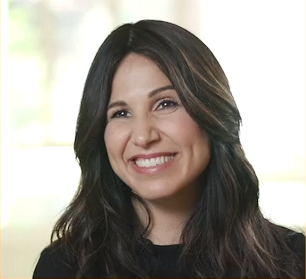
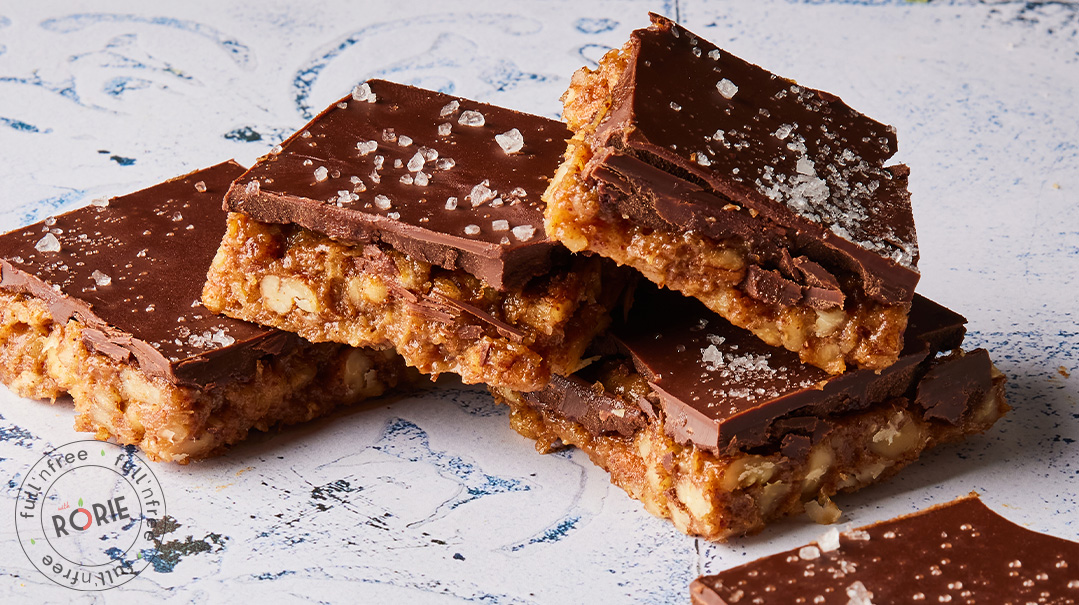
Food and Prop Styling by Goldie Stern
Photography by Felicia Perretti
With all the diet fads around today, intermittent fasting has got to be one of the most popular. It consists of only eating during a certain time window every day, then “fasting” for the rest.
Some versions of intermittent fasting give you an eight-hour window for eating. Some give you as little as six hours, and others recommend having two days a week with just one meal each and eating normally the rest of the time. During the “fasting” part, all the plans let you drink plain water, tea, or black coffee.
Summer’s here, and many of us want to get our bodies back on track. The question is: Does intermittent fasting help or harm?
A Natural Concept
The concept behind intermittent fasting is a pretty good one. Back in the day, eating during the day and sleeping at night was taken for granted. Sun went down, food went away, people went to bed. Our circadian rhythm was established by that pattern. Intermittent fasting was what everyone did, to some extent.
Giving our bodies time to “digest and rest” is more important than we realize. When we eat close to bedtime, our bodies spend the night digesting our food instead of going into “growth and repair mode,” which is what sleeping is really intended for. Pausing our eating early enough, on the other hand, means more rest and repair — and eventually, looking and feeling more youthful and invigorated.
The Pitfalls
- Eating late. The thing with intermittent fasting is that the window can theoretically be scheduled any time during the day. Framing our eating time from around 8:00–9:00 a.m. until 5:00–6:00 p.m. is actually ideal. But pushing it later — some only start eating at 12:00 p.m. or even afterwards — can be harmful on both ends.
First, fasting all morning throws our hormones way off. Whereas men might feel okay waiting until midday to eat, women, especially those in their childbearing years, will feel the impact on their mood, focus, and even their cycles and reproductive health. Keeping our blood sugar stable is so important, which is why women should typically fast no longer than 14–16 hours at a time.
Furthermore, eating until late at night puts the body in the stressful position of digesting while we sleep instead of doing its maintenance work of repairing and rejuvenating.
- Eating less responsibly. This doesn’t apply to everyone, but intermittent fasting can make it harder to eat foods that support our health. By the time the short window arrives, hunger hormones are raging, and it’s common to lean heavily toward processed carbs and snacks without the presence of mind we would normally have.
The Conclusion
As far as a fad diet, intermittent fasting has some big pitfalls and leaves what to be desired. But the concept behind it is in line with our natural rhythm, and that can be really beneficial to keep in mind. Our bodies do so much better when we eat during active hours, and then allow for 3–4 foodless hours for everything to settle before we turn in for the night. Incorporating health-supporting foods during the active hours will move you more reliably — and more sustainably — towards the results you’re looking for.
If not eating at night is a new habit for you, keep this in mind: The first three days of any new habit are really hard. The next two are somewhat hard. Once you get through those, keep at it until the three-week mark and it will have become your new normal!
Here’s to delicious days and restful nights,
Rorie Recommends: Hu Baking Chocolate Chips
Hu makes a whole line of chocolate products and they’re all wonderful, but they just came out with a new one that takes the cake (or cookies) in my book: 60% baking chocolate chips that are sweetened only with dates. I’ve never seen this anywhere before. They’re absolutely delicious and I really feel the difference when I eat them because they’re much lower glycemic. They’re comfortably sweet and work so great in baking. All the friends I’ve shared some with have loved them, too!
Sweet Endings
Avoiding eating after dinner is hard for many people. We’re used to relaxing and unwinding with that sweet ending to our day! But to give our bodies the best shot at rejuvenation, try eating your sweet treat a few hours earlier, after your dinner. It’s better for your blood sugar and even your serotonin levels.
What makes these Sweet Endings special is how satisfying they are — both in flavor and in macronutrient profile. The sweet-salty interplay gives you that oomph right away, and the protein and healthy fats help you stay fuller into the night.
YIELDS 16 PIECES
Nut Layer
- 8 Medjool dates, pitted and checked
- ½ cup almond butter
- 1 tsp vanilla extract
- pinch pink Himalayan salt
- 1 cup crushed raw walnuts
- 1 cup crushed raw pecans
Chocolate Layer
- 1½ cups chopped chocolate or chocolate chips
- 1 Tbsp unrefined coconut oil
- sea salt flakes (I use Maldon), for sprinkling
Place dates in a bowl of water and soak until soft.
Line a 9-inch (23-cm) baking pan with parchment paper that hangs over the edges. (You can use an 8-inch (20-cm) pan as well; layers will be slightly thicker.) Set aside.
To prepare nut layer: In a food processor fitted with the S blade, puree dates. Add almond butter, vanilla, and salt; blend to combine. Stir in crushed nuts, processing just until combined (so it stays chunky). Press mixture evenly into prepared pan.
For the chocolate layer: In a microwave-safe bowl or in the bowl of a double boiler, melt chocolate of choice with coconut oil, stirring midway to combine. Pour over nut layer. Freeze, uncovered, for 10–15 minutes, until chocolate firms up slightly.
Sprinkle sparingly with sea salt flakes. Return to freezer for 30–45 minutes.
Using the parchment paper hanging over the edges, lift carefully out of the pan. With a sharp knife, cut into 4 rows of 4 squares. Store in the fridge or freezer; enjoy cold.
Rorie Weisberg, CHC, is the author of newly released cookbook Food You Love: That Loves You Back. Her passion? Making a healthy lifestyle doable and delicious, favorite foods included. Rorie is the health ambassador of Kosher.com, a popular health columnist and lecturer, and founder and CEO of Full ’N Free, LLC, an exclusive line of better-for-you baking essentials. To learn more about Rorie’s story, product line, courses, and live demos, visit www.fullnfree.com or follow fullnfree.
All statements are suggestive only. Please consult with your doctor before making any dietary or lifestyle changes.
(Originally featured in Family Table, Issue 800)
Oops! We could not locate your form.







